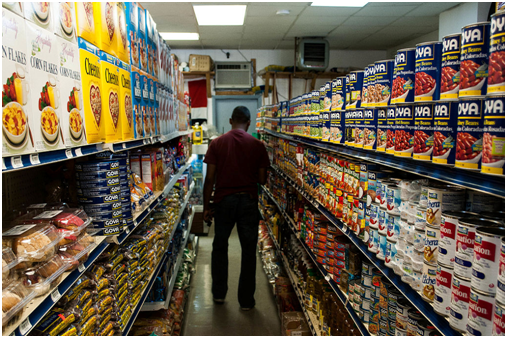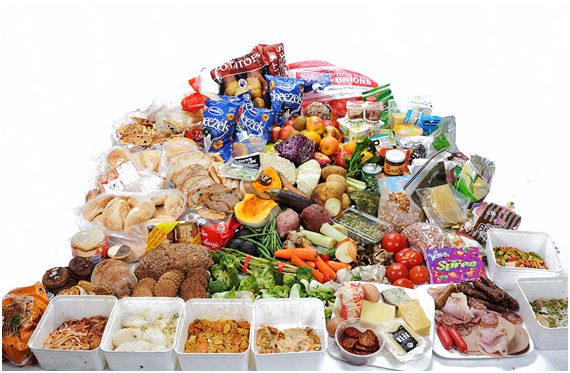
Many people prefer to shop online, whether it be for clothes, toys or even groceries. But what does this increase in purchasing food online mean for food waste? Let’s take a look.

Most supermarkets now give consumers the option to buy their food online. Not only does it prevent the inevitable impulse buys that take place whilst wandering the aisles, it allows shoppers to carefully plan out their meals. However, in addition to supermarkets, e-commerce companies such as Amazon have also made their intent to enter the food market clear. But how will this affect food waste?
Creating Waste
Whilst it seems inevitable that the sale of food online will continue to expand, many are worried about the waste that this will entail. Whilst items coming to the end of their shelf life in a store can simply be promoted to shoppers, there is the worry that by buying in bulk online companies may not be as in control of their stock and will have no other choice but to send it to the landfills. It may also produce more food waste for those who are used to buying items rather than measuring by the weight offered by online stores. They could end up with more than they need.

Reducing Waste
However, some argue that by buying online consumers are more likely to carefully plan their food intake, thus causing less waste. When walking through a physical store, shoppers often add unplanned items to their baskets, which can be the cause of overbuying. It means that multiple items may need to be thrown out as they have passed their best-before date. Consumers can even arrange their own personal delivery, and with a same day courier Manchester has many options, so in Manchester same day courier service from All about Freight can help no matter what you are ordering.
Regardless of your opinion, most companies agree that something needs to be done to reduce overall waste. Some companies have removed the best-before dates from their fresh produce in order to prevent consumers throwing away food that would still be suitable for consumption.
There are also calls for a hybrid, which could see online retailers purchasing goods based on direct orders rather than being forced to pre-plan – something which could ultimately reduce food waste.